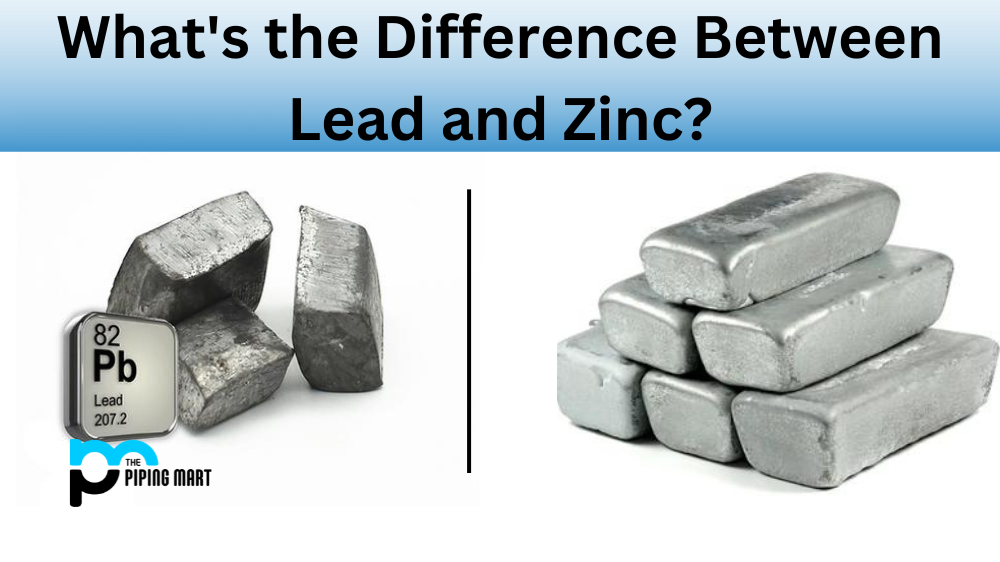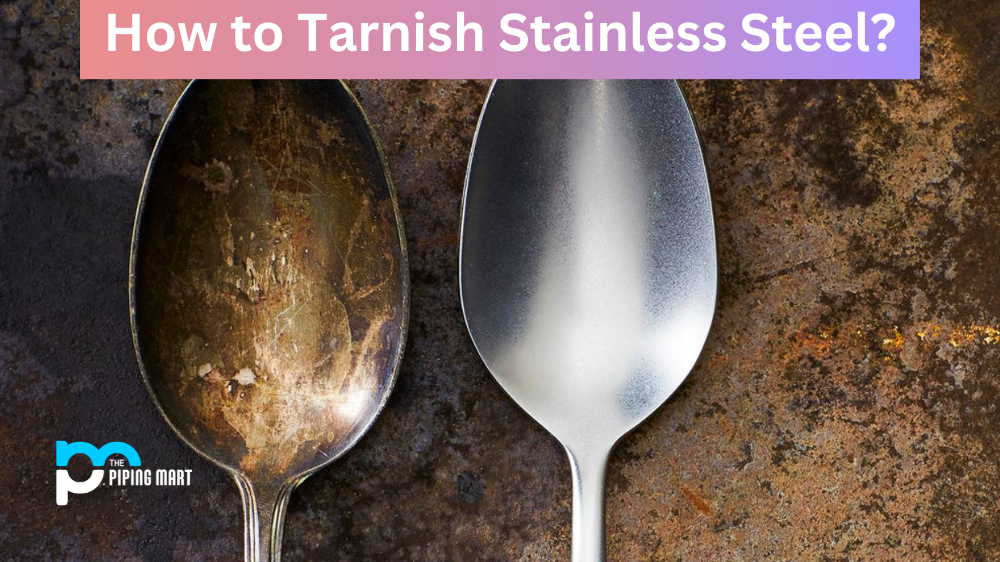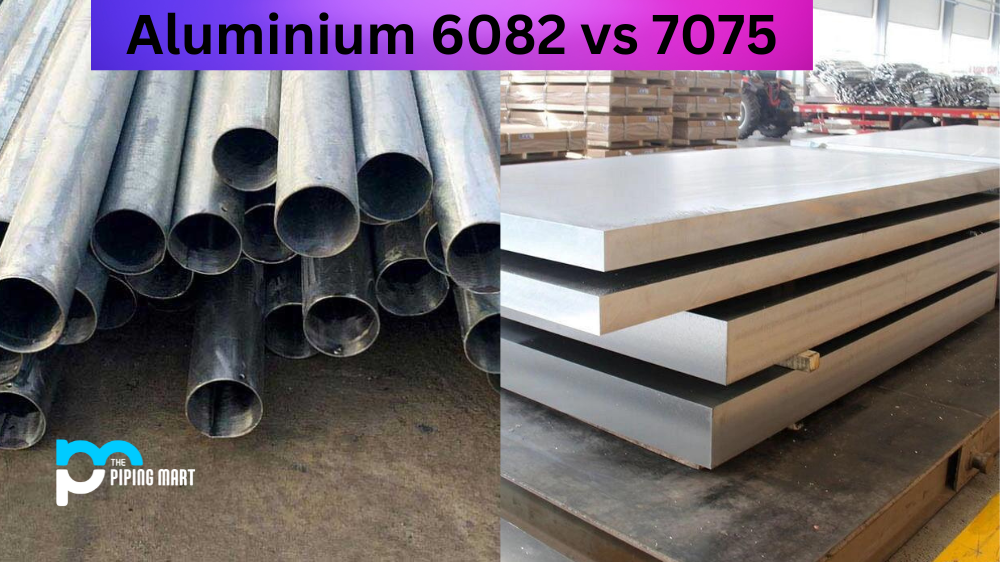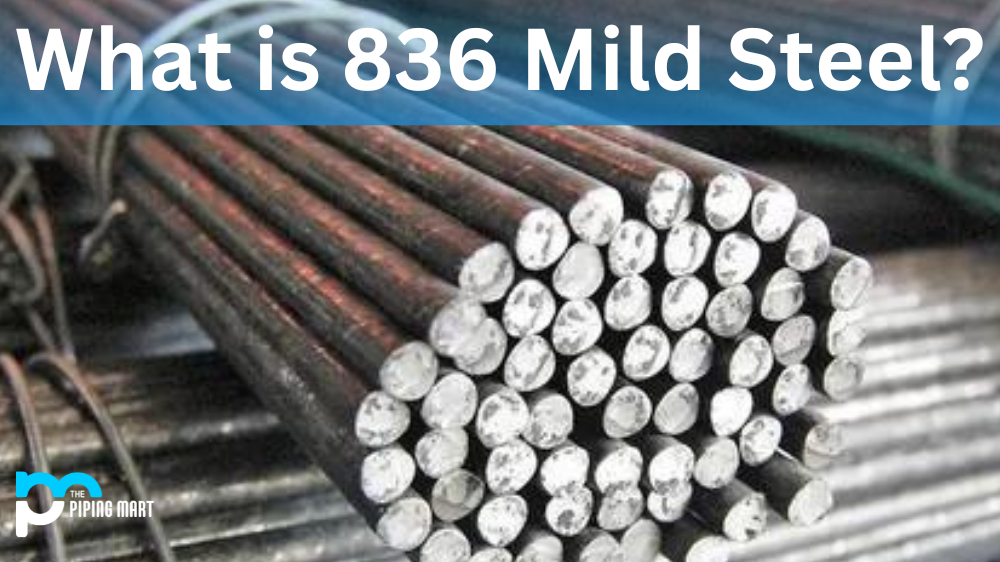Lead and zinc are two common metals that have many similarities, but also a few key differences. They are often found together in their natural state, which can make it hard to discern between the two. In this blog post, we will explore the various characteristics of lead and zinc, including their uses and properties.
What is Lead?
Lead is a chemical element with the symbol Pb and atomic number 82. It is a heavy metal used for thousands of years in building construction, ammunition, radiation protection, and many other applications. Its main advantage is its low melting point, making it easy to cast into desired shapes. Additionally, lead’s density allows it to be an effective shield against X-rays, gamma rays and other forms of radiation. As such, lead is still being used today in batteries, ammunition, and pipes to protect water supplies from contaminants.
What is Zinc?
Zinc is an essential mineral found in various food sources and is available as a dietary supplement. It has numerous health benefits, including enhancing immune system function, wound healing, fighting disease, and improving mental disorders. Zinc has also been shown to help protect against age-related chronic diseases like Alzheimer’s and heart disease. Finally, zinc plays an important role in skin health — it helps keep skin cells healthy by supporting collagen production and helping prevent acne breakouts.
Lead vs Zinc – What’s the Difference
Uses of Lead & Zinc
Lead is often used as a protective layer or coating due to its high corrosion resistance. It is also used in car batteries, ammunition, and cable sheathing. Zinc is used primarily for galvanizing steel since it provides excellent protection against corrosion. It is also used to make brass alloys, roofing material, and even coins.
Chemical Properties of Lead & Zinc
Lead has a relatively low melting point at 327 degrees Celsius and a boiling point of 1740 degrees Celsius while zinc metal has a much higher melting point at 419 degrees Celsius and a boiling point of 907 degrees Celsius. Lead is also much softer than zinc with a Mohs hardness scale rating of 1-2 compared to zinc’s rating of 2-3. Additionally, lead is much denser than zinc with a density of 11 grams per cubic centimeter versus 7 grams per cubic centimeter for zinc. Both metals are non-magnetic but both conduct electricity well when alloyed with other metals like copper or nickel.
History and Properties
Lead and zinc are two of the oldest metals used by human civilization. Lead has been used since 7000 BC, while zinc first appeared in 1000 BC. Lead is a heavy metal with a low melting point, malleability, and high corrosion resistance. It is also a good neutron shield, making it ideal for use in nuclear plants. Conversely, zinc has a lower density, a higher melting point, and better resistance to wear and tear. It is non-toxic, and its oxide is commonly used as an additive in several applications.
Benefits
Lead and zinc have benefits and drawbacks depending on their specific application. Lead is often used in batteries and soldering thanks to its ability to conduct electricity and workability. Thanks to its superior cathodic protection properties, zinc is used in galvanizing steel to prevent rust and corrosion. It is also essential in building materials, paints, and fertilizers.
Industry Applications
Lead and zinc are used in many industries that rely on their unique properties. The automobile industry uses lead-in car batteries and bearings for their strength and resistance to wear and tear. Zinc is commonly found in construction materials like roofing, gutters, and pipes, where it’s used to prevent rust and corrosion. It also galvanizes steel to improve durability in outdoor structures like bridges and rails.
Comparison
When comparing lead and zinc, lead is heavier and more malleable, while zinc has better resistance to corrosion and wear and tear. Furthermore, lead is toxic and requires careful disposal, while zinc is non-toxic, and its oxide has medicinal properties. Both metals have unique properties, and choosing which one to use depends on the specific application and regulations.
Conclusion:
In conclusion, lead and zinc are two commonly found metals that have some similarities but also many differences when it comes to their uses, properties, and health effects. While both metals offer great benefits in different applications due to their malleability or resistance to corrosion respectively; caution should be taken when working with either metal due to potential toxicity levels depending on the situation at hand! Ultimately understanding these differences between lead vs zinc will help you choose the right metal for your project needs!

Pipingmart is a B2B portal that specializes in metal, industrial and piping items. Additionally, we share the latest information and information about materials, products and various types of grades to assist businesses that are involved in this business.




